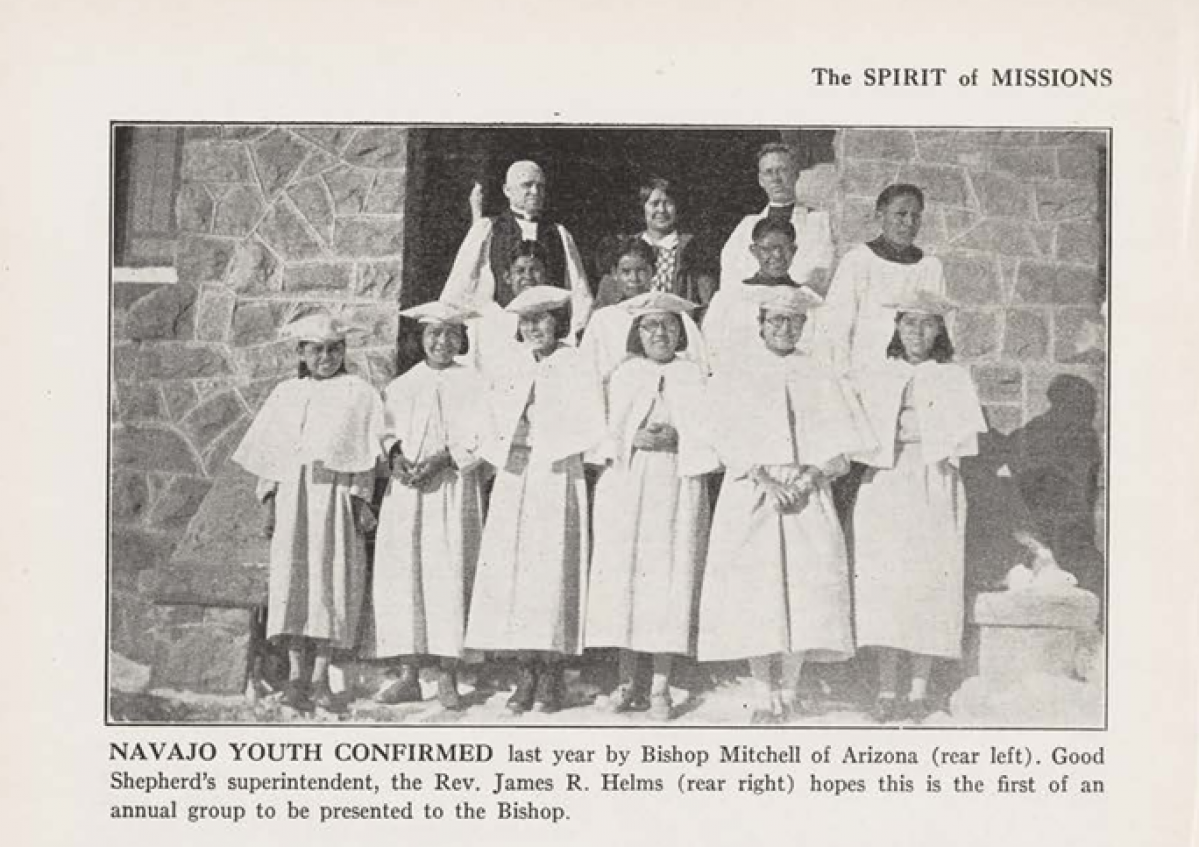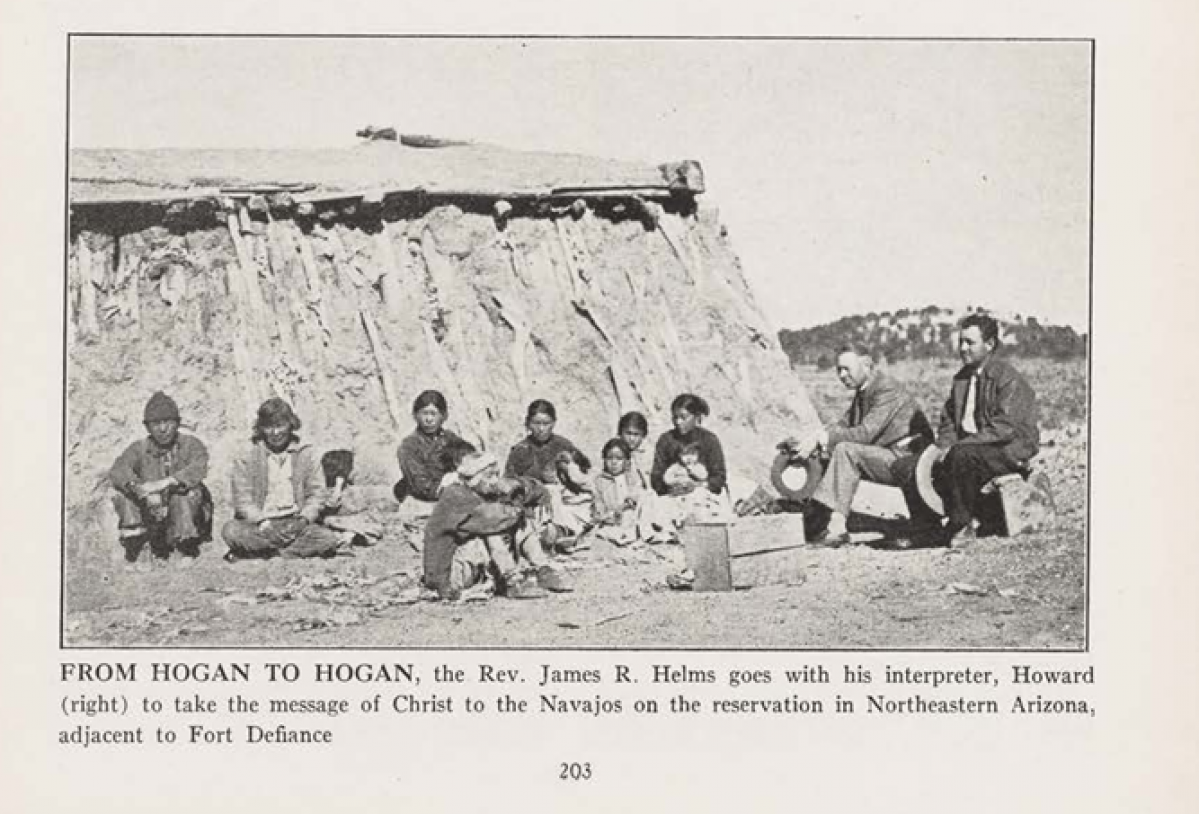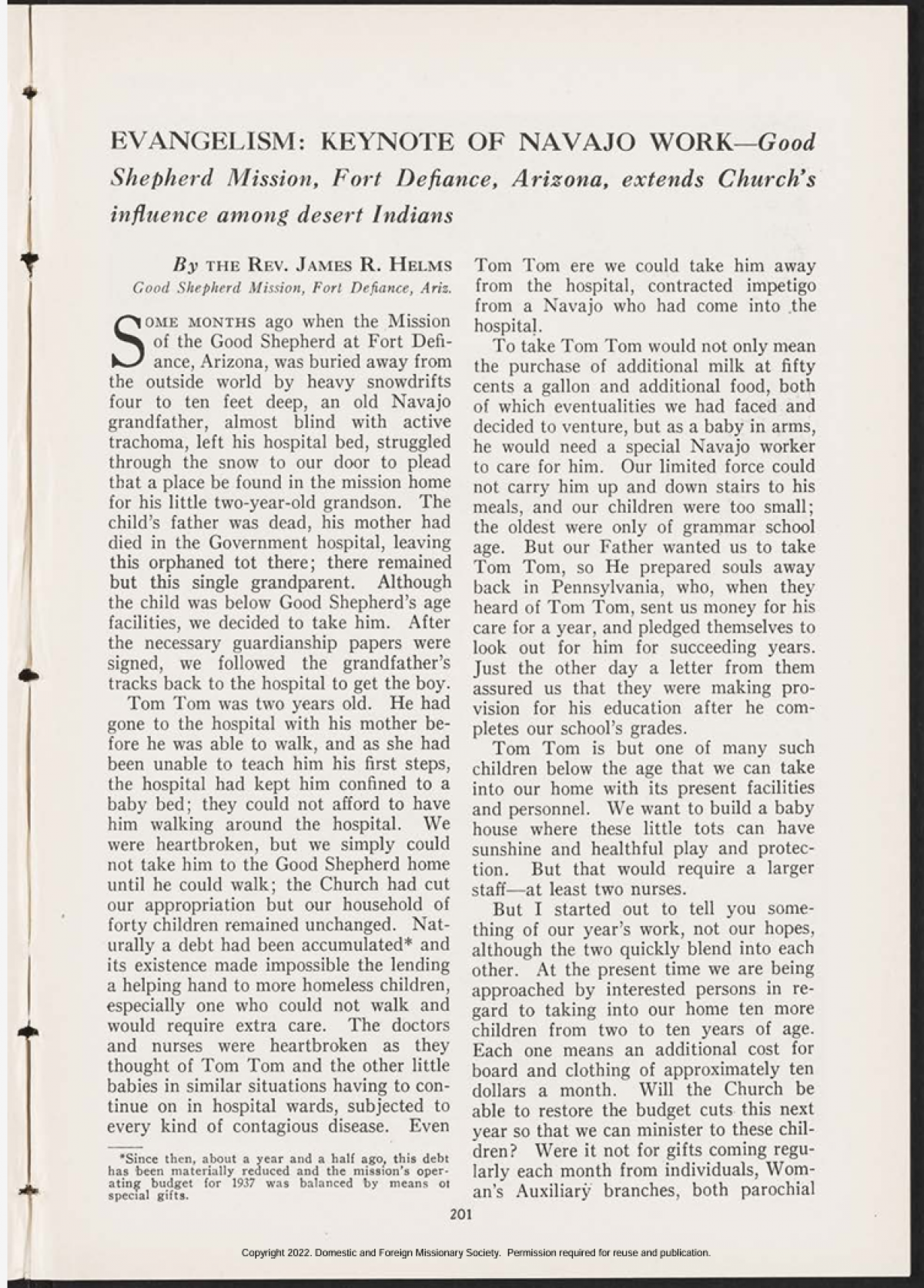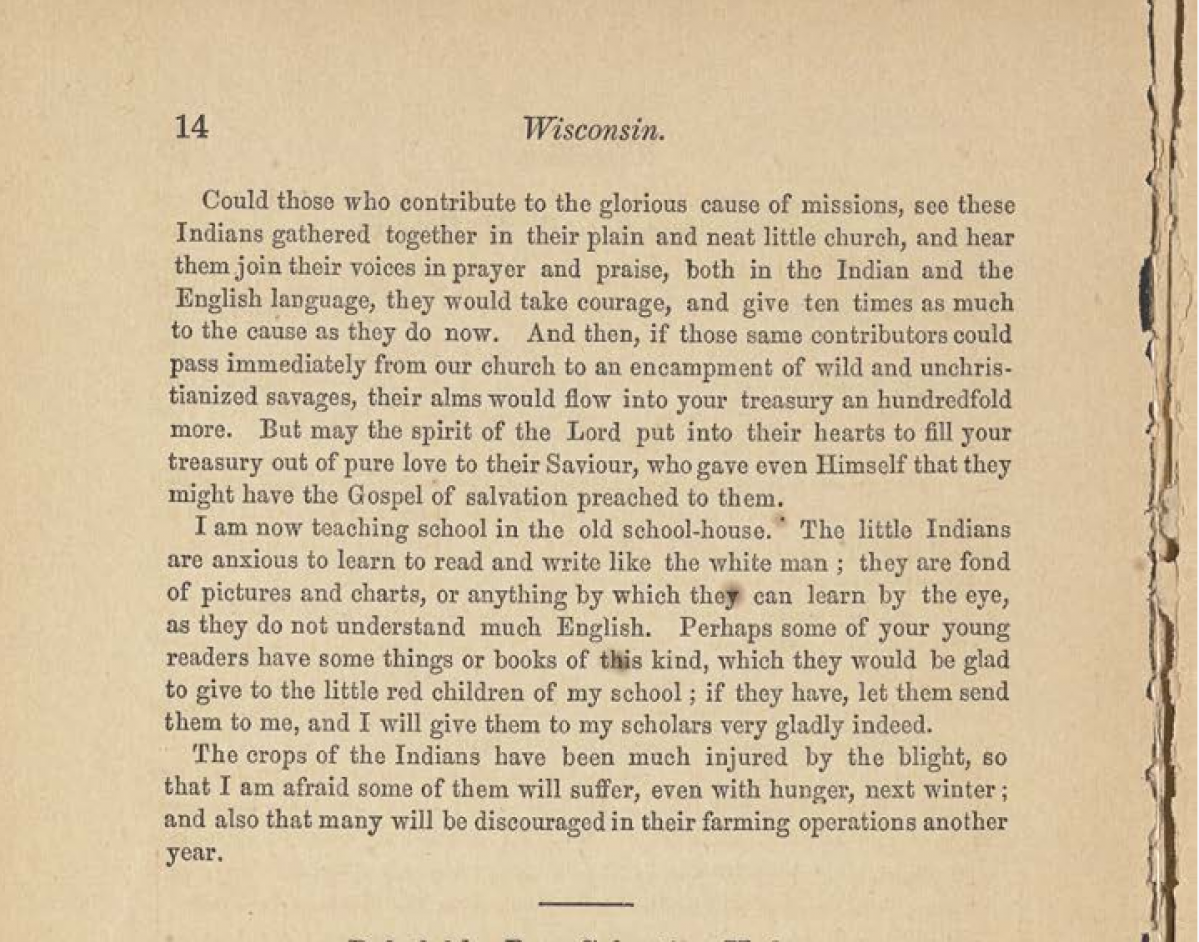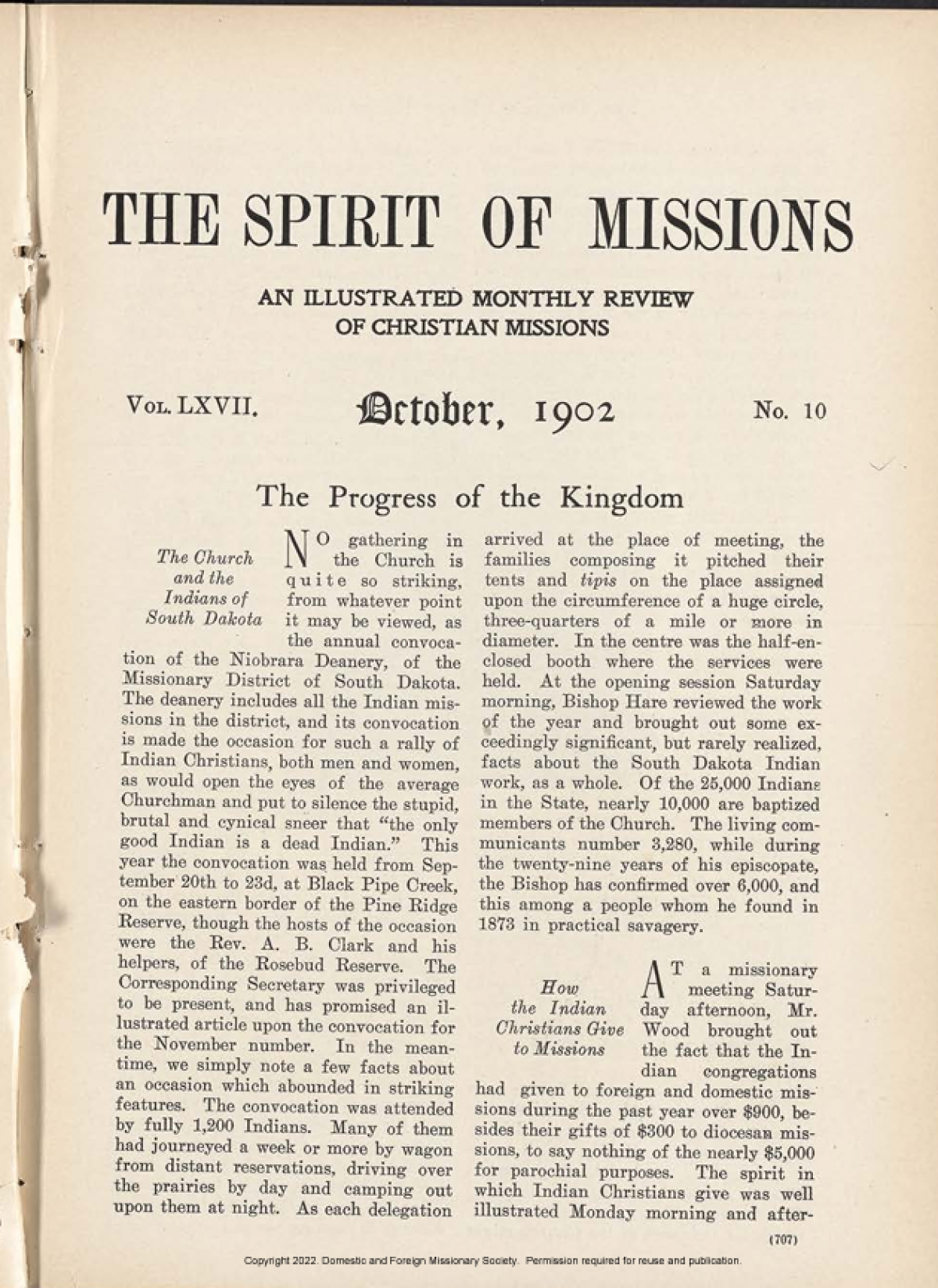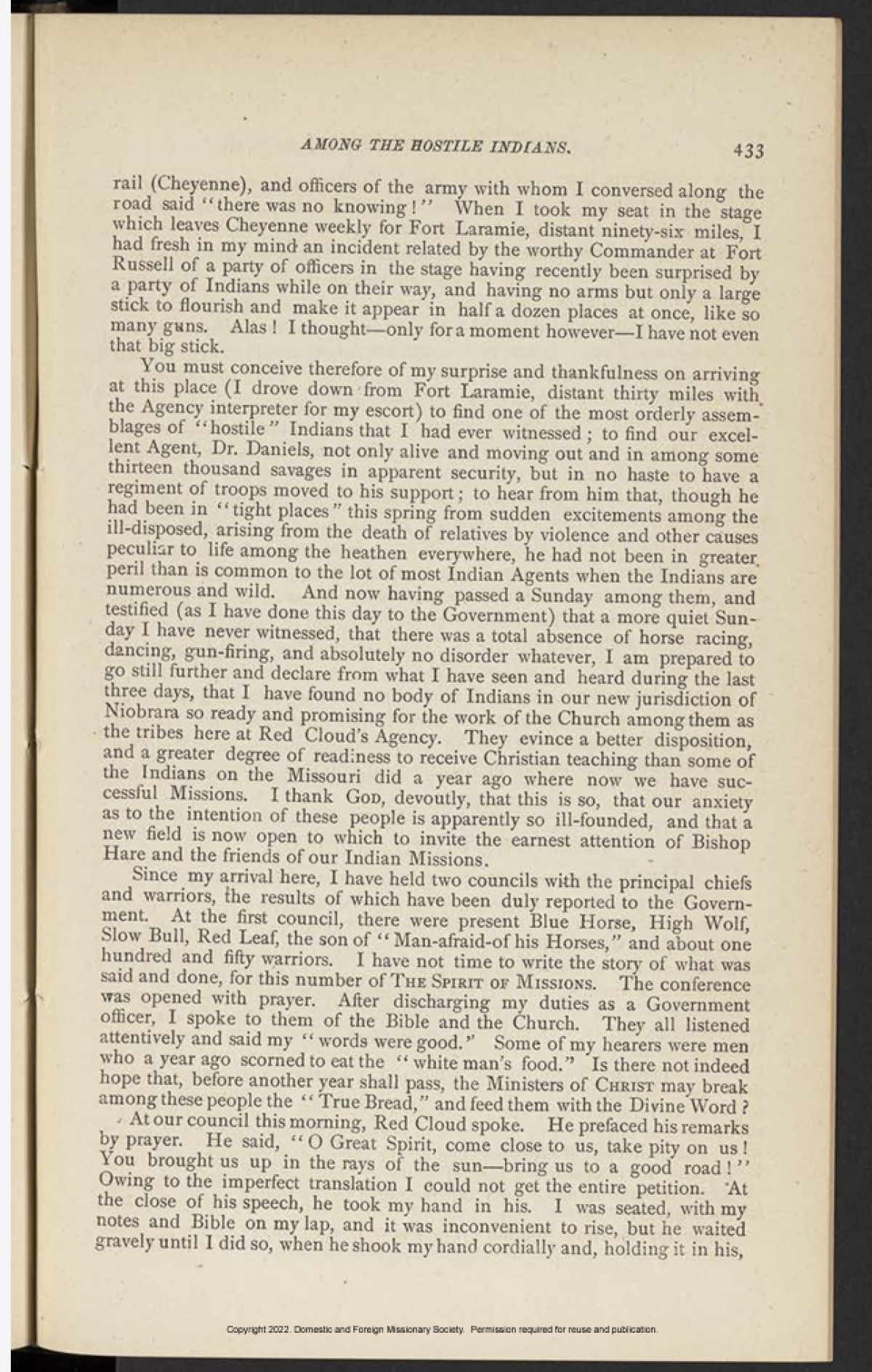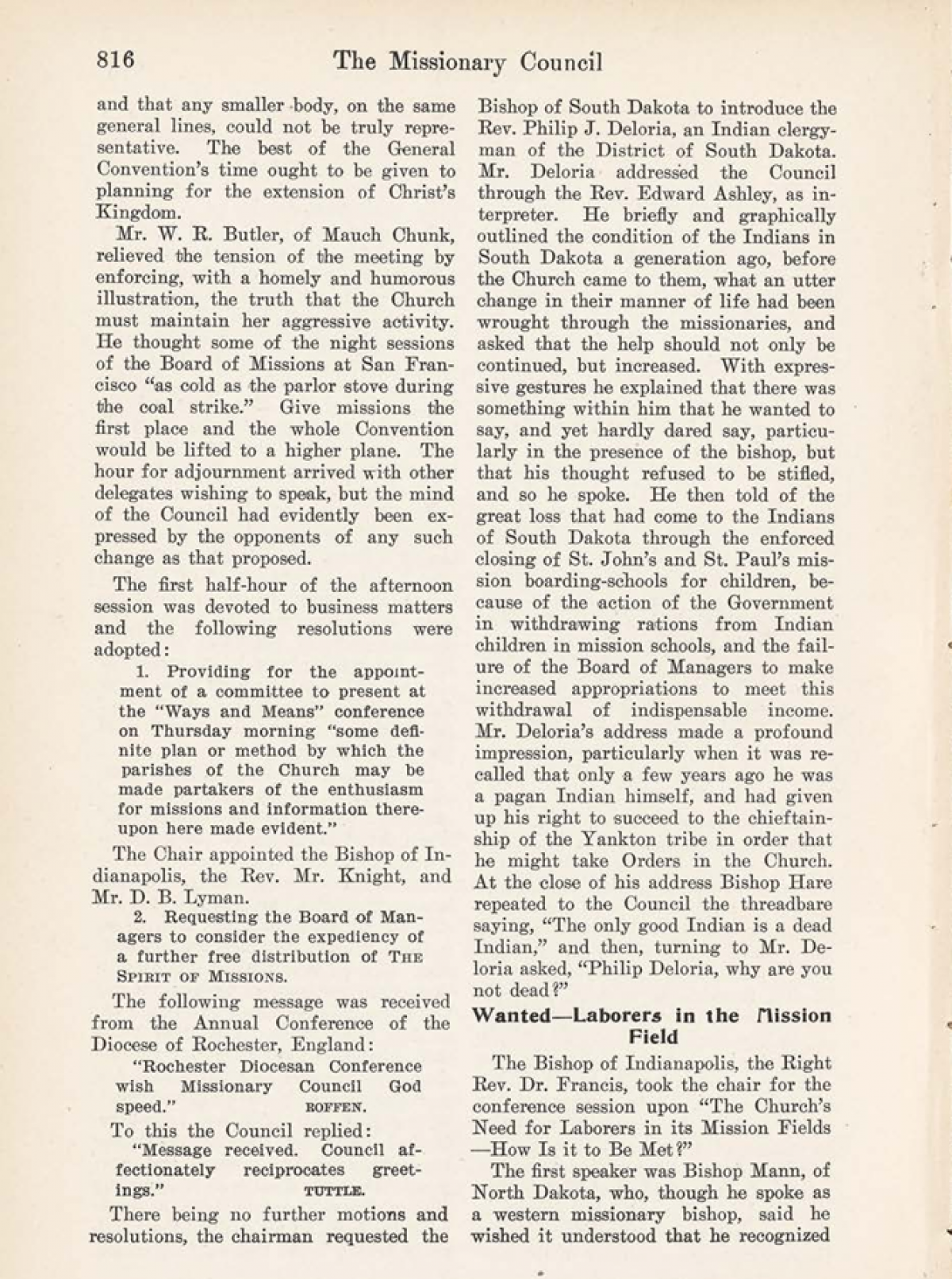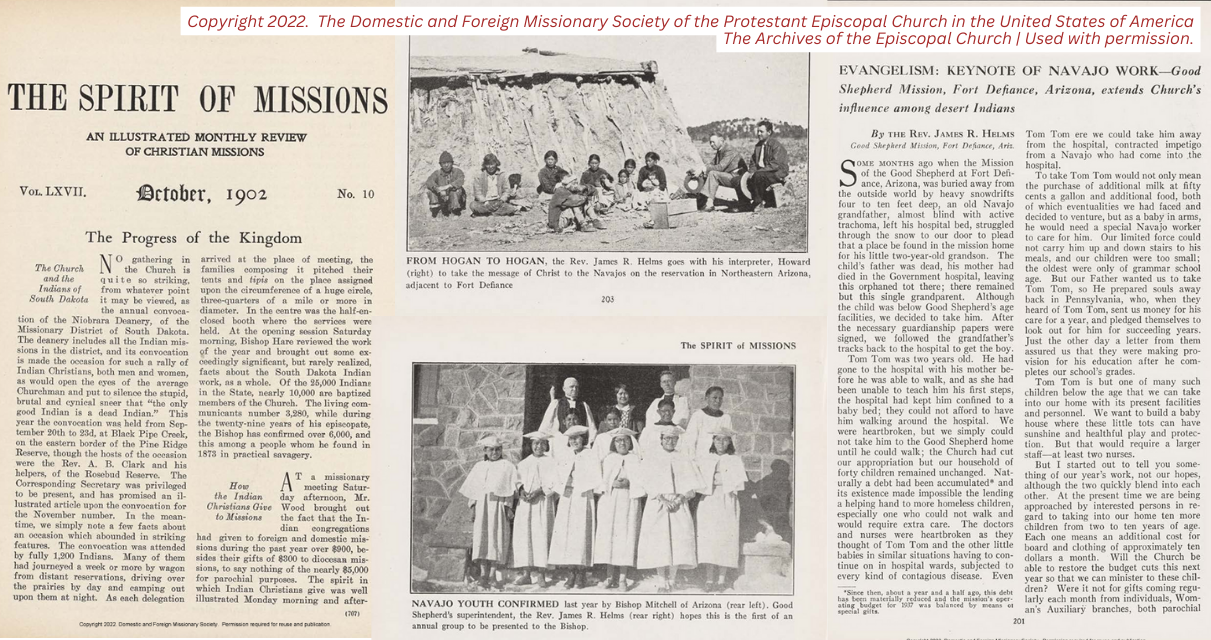
By Leora L Tadgerson ᒥᔅᑯᐦᐧᐹᑲᓂᐦᐧᑫ
Director of Reparations and Justice, Episcopal Diocese of Northern Michigan
MW062 Chair / Chair of Executive Council on Indigenous Boarding Schools and Advocacy
As more and more people come into the conversation of what it means to authentically honor Native American people, they learn how it comes down to supporting Indigenous self-determination. But many wonder, where does the church fit into the restoration of tribal communities, cultural identity, educational control and self-government? Below are three beginning steps to becoming more culturally competent in this action as an Episcopalian. Each of these can be direct actions to supporting the repudiation of the doctrine of discovery of The Episcopal Church (2009).
1. Learn about the Indigenous land you live, work and worship upon by checking out the Native Land Digital Map. To learn more about which Native American boarding schools were in your area, see the interactive digital map by the National Native American Boarding School Healing Coalition. Note that this map is incomplete, but it reflects the latest research and it is consistently updated.
2. Support and take part in the work of two groups active in Native American boarding school work for The Episcopal Church: 1) Executive Council Committee for Indigenous Boarding Schools and Advocacy and 2) Resolution for Telling the Truth about The Episcopal Church's History with Indigenous Boarding Schools. Both groups work together towards shared goals, while honoring individual task items from two separate resolutions. With a newly adopted strategic plan, their work in 2025 will consist of:
- The development of an oral histories project to honor and preserve the stories of boarding school survivors and their descendants and expand to include Missing and Murdered Indigenous Relatives
- An archives repository that will follow tribal data-sovereignty protocol
- A grants program to support the work of dioceses of The Episcopal Church in both conducting their own research into the diocesan role in Indigenous boarding schools and preserving the stories of survivors and their families
- The continuation of archival research through individual diocesan collaboration
Thus far, four dioceses have begun this discovery process to learn what types of files and records are available, where they are located, the importance of these documents, and become guided into collaboration with Tribal Historic Preservation Officers (THPO) and Tribal officials to best understand the church’s role in the truth telling and healing movement with research consultant, Dr. Veronica Pasfield (Bay Mills). If your diocese is interested in taking part, please email Leora Tadgerson, Chair of Executive Council on Indigenous Boarding Schools and Advocacy, at LeoraTadgerson@gcotec.org to learn more.
3. Dive in to the historic viewpoints of The Episcopal Church on their paternalistic work with Tribal nations in The Spirit of Missions. This resource, published for 103 years starting in 1835, provided a thorough monthly report from active domestic and foreign missions, including a section entitled “Indian Commission.” In these sections, you can read primary sources detailing our church’s interaction with Native people. The Spirit of Missions offers first hand information to church researchers wanting to understand their early interactions with the Tribes around them. In learning our own origin stories, we are better equipped to follow paths of positive impact to those our dioceses have oppressed.
In celebrating Native American Heritage Month beyond November, the church has a profound opportunity to engage in meaningful actions that support Indigenous self-determination. By educating ourselves about the Indigenous history of our lands and our church and actively supporting Indigenous-led initiatives, Episcopalians can deepen our commitment to justice. Reconciliation will require sustained effort, and as the church embraces this journey, it can play a transformative role in fostering truth, healing, and mutual respect with Native peoples.
The following primary sources are a small collection of stories highlighting the complicated and paternalist engagement between The Episcopal Church and Indigenous peoples during The Spirit of Missions' 103 years of publication. All of these sources, along with dozens more, are available thanks to the The Archives of the Episcopal Church at https://www.episcopalarchives.org/the-spirit-of-missions. All sources are shared with permission.
